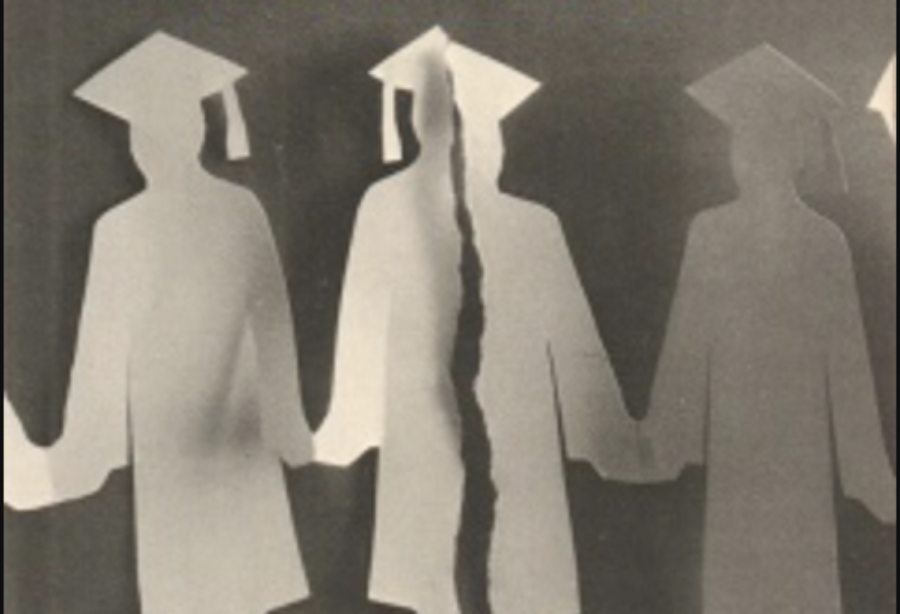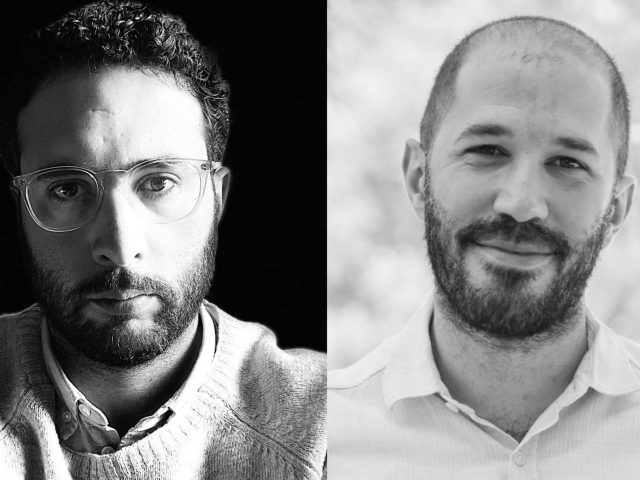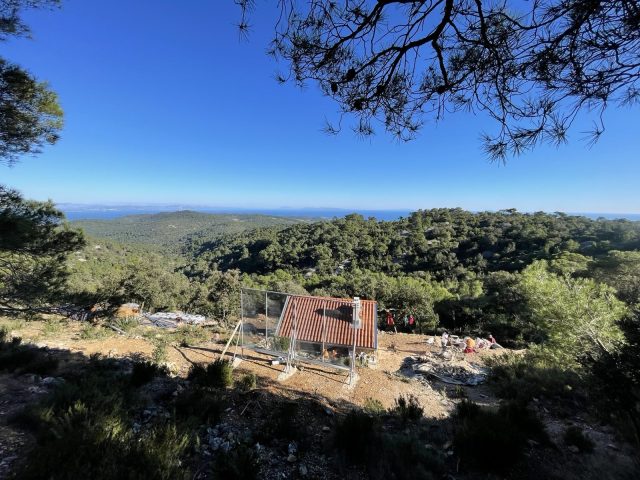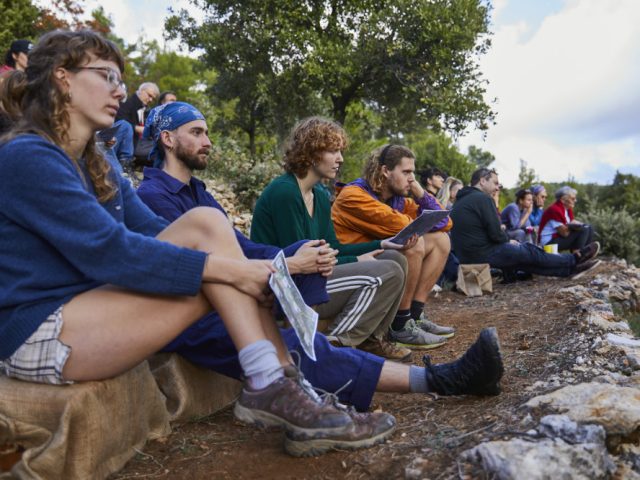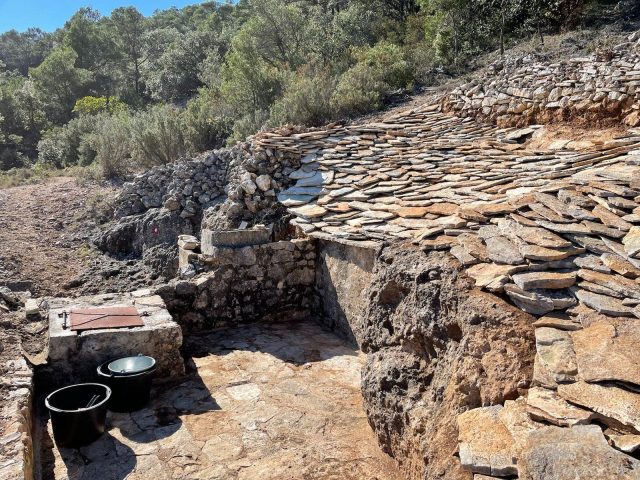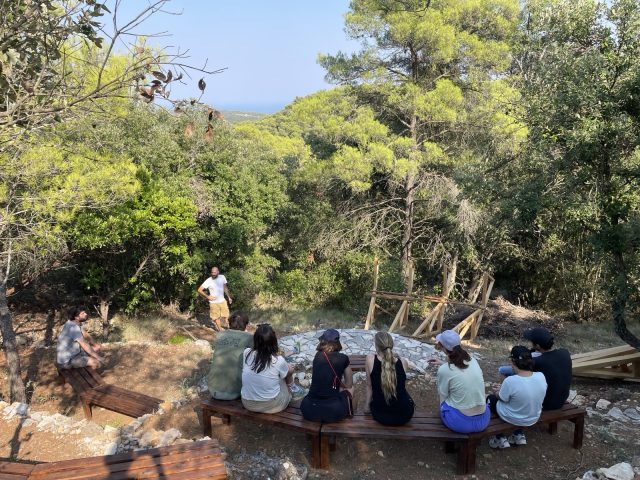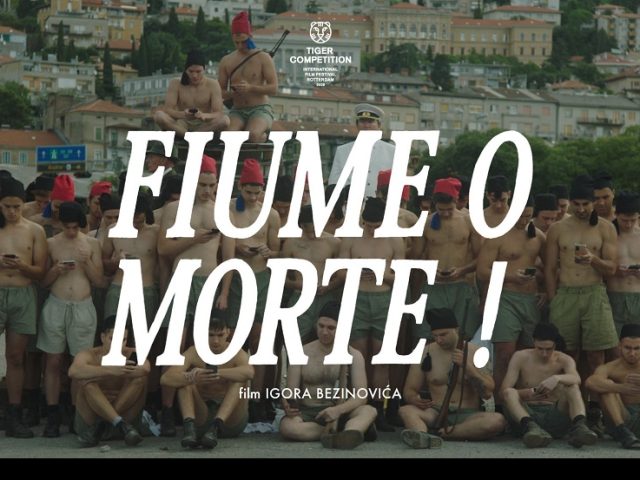Below you can find the introduction to Ivan Illich’s Deschooling Society, as well as the link to the PDF of the entire book – enjoy!
INTRODUCTION
I owe my interest in public education to Everett Reimer. Until we first met in Puerto Rico in 1958, I had never questioned the value of extending obligatory schooling to all people. Together we have come to realize that for most men the right to learn is curtailed by the obligation to attend school. The essays given at CIDOC and gathered in this book grew out of memoranda which I submitted to him, and which we discussed during 1970, the thirteenth year of our dialogue. The last chapter contains my after- thoughts on a conversation with Erich Fromm on Bachofen’s Mutterrecht.
Since 1967 Reimer and I have met regularly at the Center for Intercultural Documentation (CIDOC) in Cuernavaca, Mexico. Valentine Borremans, the director of the Center, also joined our dialogue, and constantly urged me to test our thinking against the realities of Latin America and Africa. This book re- flects her conviction that the ethos, not just the institutions, of society ought to be “deschooled.”
Universal education through schooling is not feasible. It would be no more feasible if it were attempted by means of alternative institutions built on the style of present schools. Neither new attitudes of teach- ers toward their pupils nor the proliferation of educational hardware or software (in classroom or bed- room), nor finally the attempt to expand the pedagogue’s responsibility until it engulfs his pupils’ life- times will deliver universal education. The current search for new educational funnels must be reversed into the search for their institutional inverse: educational webs which heighten the opportunity for each one to transform each moment of his living into one of learning, sharing, and caring. We hope to con- tribute concepts needed by those who conduct such counterfoil research on education — and also to those who seek alternatives to other established service industries.
On Wednesday mornings, during the spring and summer of 1970, I submitted the various parts of this book to the participants in our CIDOC programs in Cuernavaca. Dozens of them made suggestions or provided criticisms. Many will recognize their ideas in these pages, especially Paulo Freire, Peter Berger, and Jose Maria Bulnes, as well as Joseph Fitzpatrick, John Holt, Angel Quintero, Layman Allen, Fred Goodman, Gerhard Ladner, Didier Piveteau, Joel Spring, Augusto Salazar Bondy, and Dennis Sul- livan. Among my critics, Paul Goodman most radically obliged me to revise my thinking. Robert Silvers provided me with brilliant editorial assistance on Chapters 1, 3, and 6, which have appeared in The New York Review of Books.
Reimer and I have decided to publish separate views of our joint research. He is working on a compre- hensive and documented exposition, which will be subjected to several months of further critical ap- praisal and be published late in 1971 by Doubleday & Company. Dennis Sullivan, who acted as secre-
tary at the meetings between Reimer and myself, is preparing a book for publication in the spring of 1972 which will place my argument in the context of current debate about public schooling in the United States. I offer this volume of essays now in the hope that it will provoke additional critical contributions to the sessions of a seminar on “Alternatives in Education” planned at CIDOC in Cuernavaca for 1972 and 1973.
I intend to discuss some perplexing issues which are raised once we embrace the hypothesis that soci- ety can be deschooled; to search for criteria which may help us distinguish institutions which merit de- velopment because they support learning in a deschooled milieu; and to clarify those personal goals which would foster the advent of an Age of Leisure (schole) as opposed to an economy dominated by service industries.
DESCHOOLING SOCIETY by Ivan Illich (you can find the PDF here)
